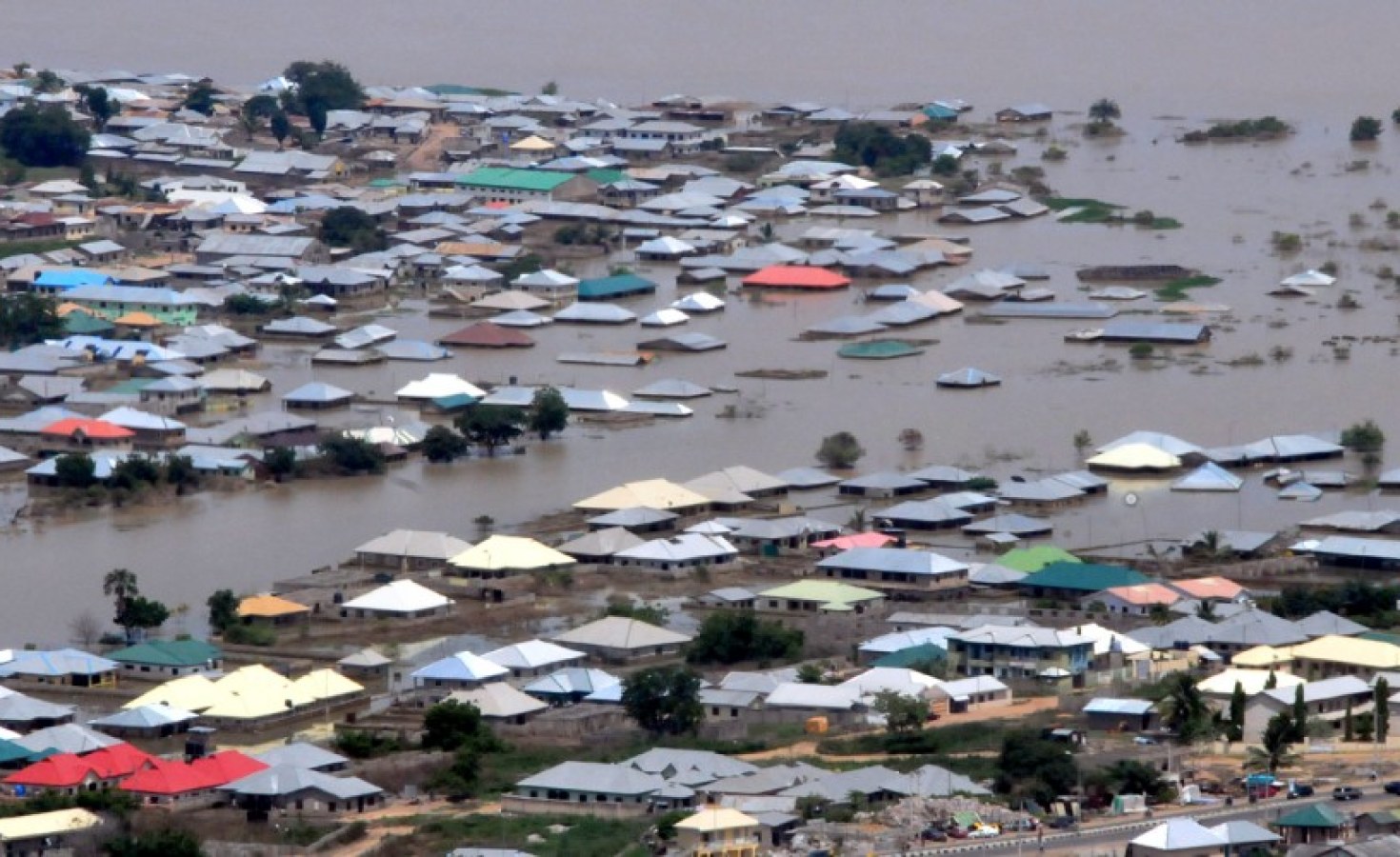
The floods that have affected various Jigawa communities in the past few months have caused at least 40 deaths, officials have said.
The floods are also the worst in the state since 1988, residents and state officials told PREMIUM TIMES, amidst fears the floods could worsen Nigeria's current food insufficiency that has led to an increase in prices of basic food like rice.
The Jigawa State Emergency Management Agency (SEMA) said the deaths occurred in about 19 local government areas of the state
Hadejia Emirate, with eight council areas, is the worst hit, the executive secretary of SEMA, Sani Yusuf, told PREMIUM TIMES.
Mr Yusuf said the deaths were recorded since the commencement of the current rainy season.
"These are the number of deaths so far reported to the agency since the beginning of this rainy season," he said.
He explained that the agency, with federal government support, is doing the needful to cushion the effects of the disaster by providing emergency needs to the victims of the flood.
He added that the agency has so far distributed 30 canoes to communities affected by the flood, as well as materials to the affected communities to build embankments in order to control the water.
Worst Flood in over 30 years
Hamza Muhammad, special assistant to Governor Muhammad Badaru on community development and social inclusion, said this year's flood is the worst since 1988 with Hadejia emirate as the worst affected area.
He listed the affected local governments as Buji, Hadejia, Ringim, Taura, Jahun, Miga, Malammadori, Auyo, Kafinhausa and Guri.
Others include Gwaram, Kiyawa, Kaugama, Birninkudu, kirikasamma, Garki and Babura.
Cause of flood
Mr Muhammad attributed the cause of the flood to an overflow of Tiga and Challawa dams in Kano State as well as effects of climate change.
He also said torrential rainfall, as earlier forecast by the Nigerian Meteorological Agency, contributed to the disaster.
In an earlier report done by this newspaper, Isa Mustapha, the executive director, Exceptional Leadership and Integrity Promotion, listed the major causes of the flood as insufficient drainage channels, silted dams, weeds, trypa grass overgrowing on river channels and river beds, as well as illegal diversion and encroachment of waterways.
Other causes, according to Mr Mustapha, include lackadaisical attitude towards the desiltation of the Hadeija-Yobe Kwamadugu River basin, as well as poor coordination among stakeholders on the control of the menace of flood.
Government's intervention
Mr Muhammad said the state government has been doing its best since January 2020 to prevent the flood including directing officials to conduct a survey in flood-prone areas of the state.
He said the government had also deployed water pumping machines to the affected communities to evacuate the flooded water.
"Where we cannot use the machines to evacuate the water, we organized self help groups in such communities and empower them with tools for embarkment," he said.
Affected communities deny government's intervention
Contrary to Mr Muhammad's claims, residents of the affected communities said the government is not doing enough.
They accused the government of not providing any remedial measures to help mitigate the impact of the flood.
Mr Mustapha and some officials of SEMA, while on an assessment visit to some of the flooded areas on Monday, were mobbed by angry residents who decried the government's negligence of the areas.
One of the vehicles conveying the officials got damaged while journalists trying to take footage of the flooded areas were also chased away by the angry residents.
Impact of Flooding on Food Production
Officials, including President Muhammadu Buhari, are already lamenting the impact of the flood on food production in Jigawa, and Nigeria, especially rice production.
Jigawa is one of the states that has benefitted most from the federal government's Anchors Borrowers Programme to assist farmers boost rice production in the country.
Mr Muhammad, the governor's aide, expressed the fear that the state may experience food shortage, saying that "Sixty-five per cent of Fadama farmland were washed away by the flood especially in Hadejia where much anticipated rice is expected."
He added that grains like millet, maize and sorghum were also lost to the flood.
Officials could not give the exact number of farmlands and houses that were destroyed by the flood but said the damage is unprecedented while assessment is ongoing.
In his reaction, President Muhammadu Buhari described this year's flood in Jigawa as "unprecedented and devastating."
Bashir Ahmad]In a statement by his spokesperson, Garba Shehu, Mr Buhari, on Tuesday, sympathised with the victims of the flood while assuring them of federal government's intervention.
He described the flood, which has reportedly destroyed over 100,000 hectares of rice farms in the state, as a setback to agriculture especially rice production which his administration has actively promoted and discouraged its importation.
The price of rice has also doubled in the past few months across Nigeria due to various reasons including the floods affecting rice-producing states like Jigawa and Kebbi.